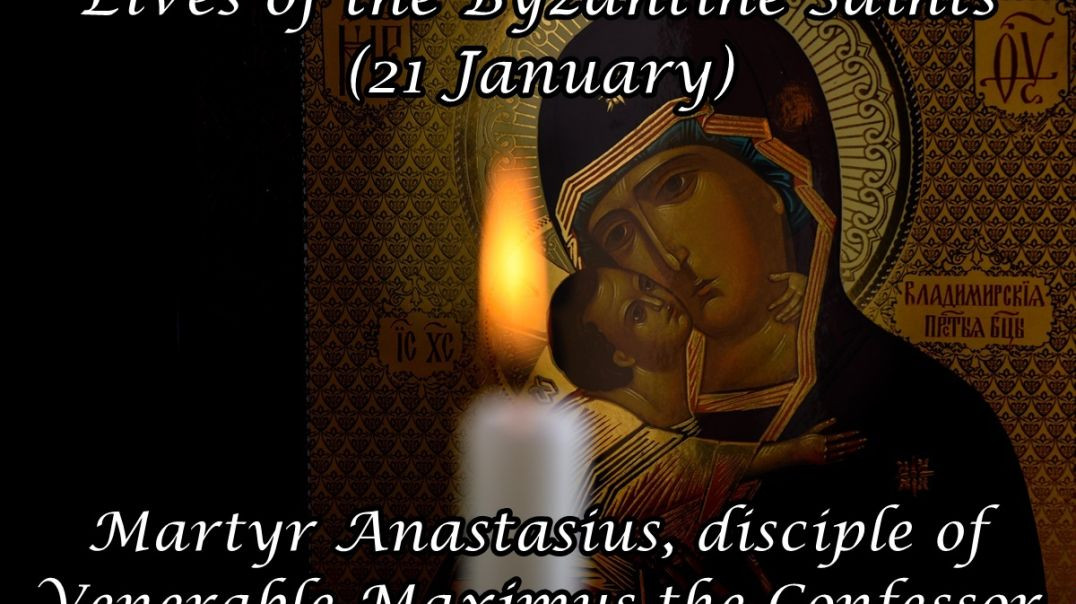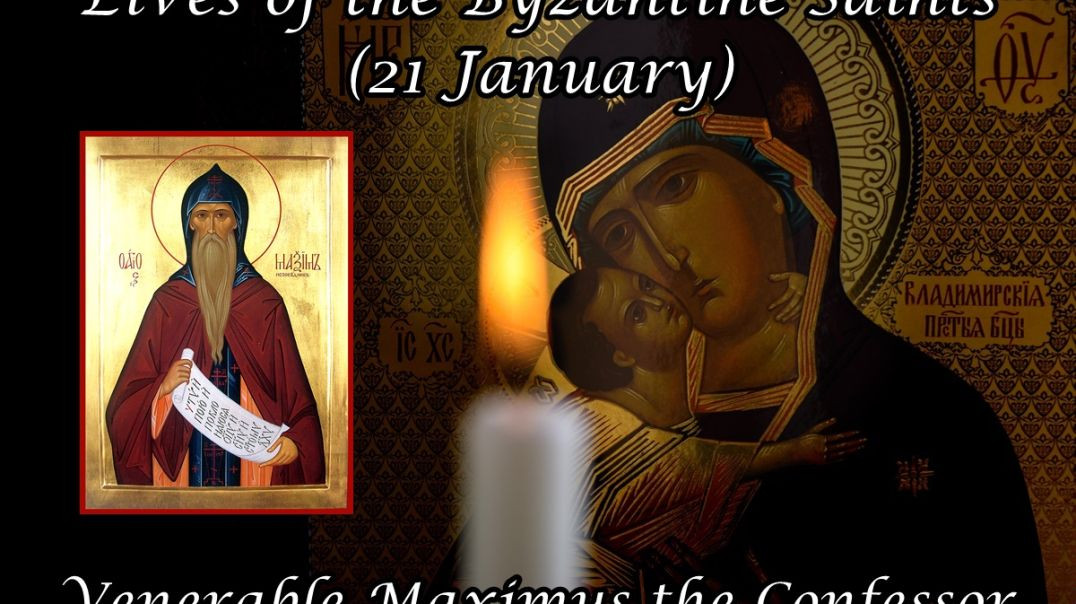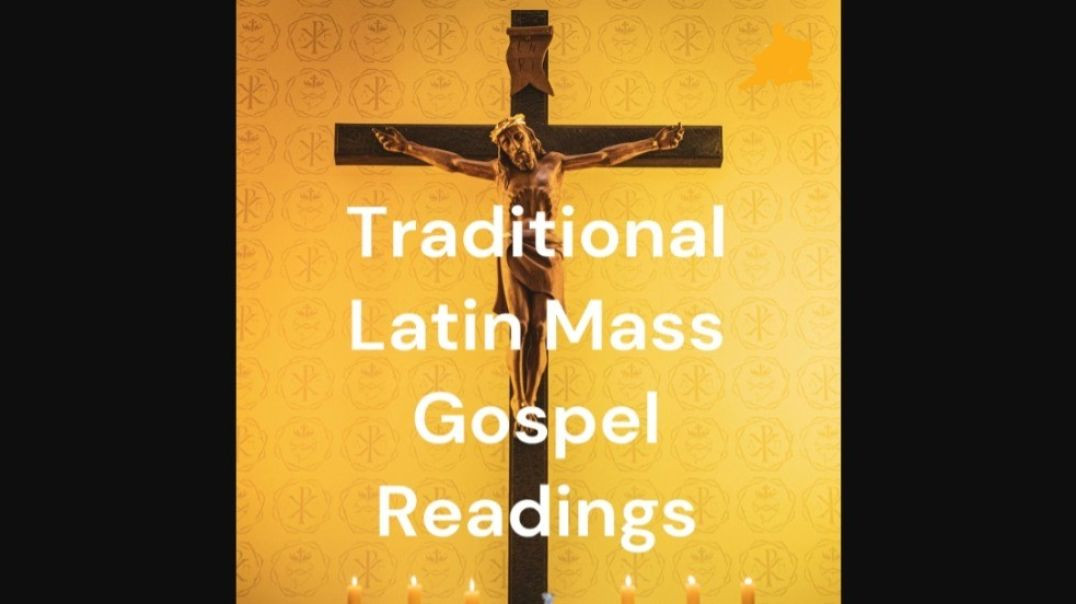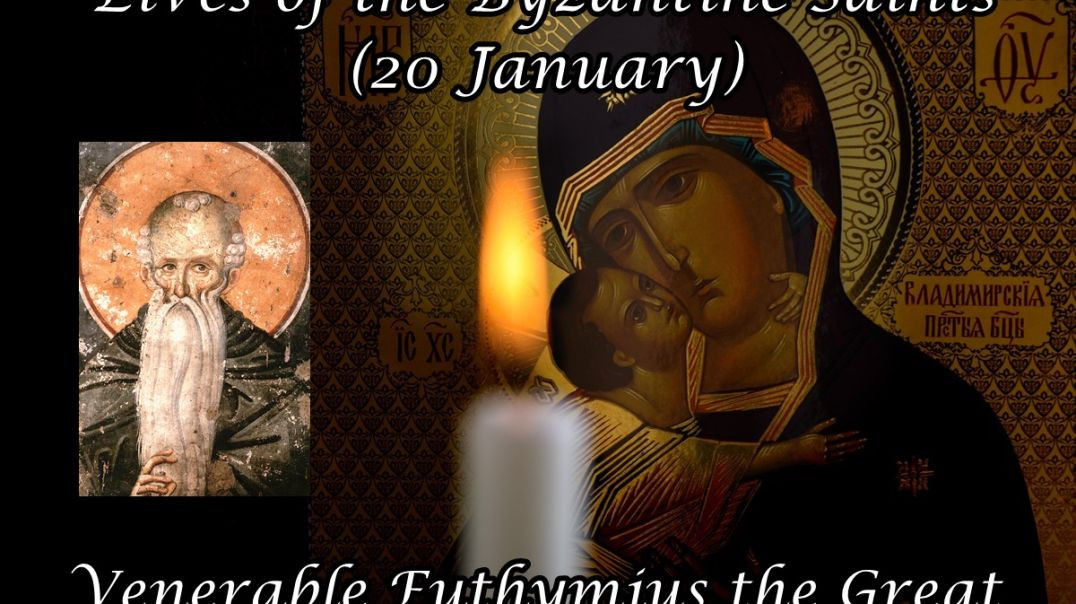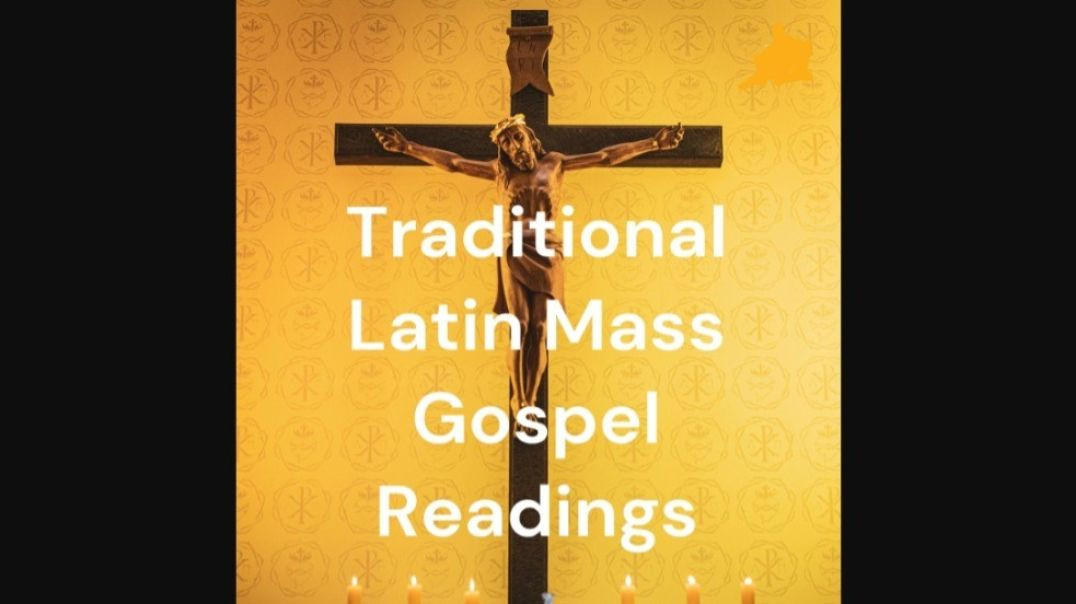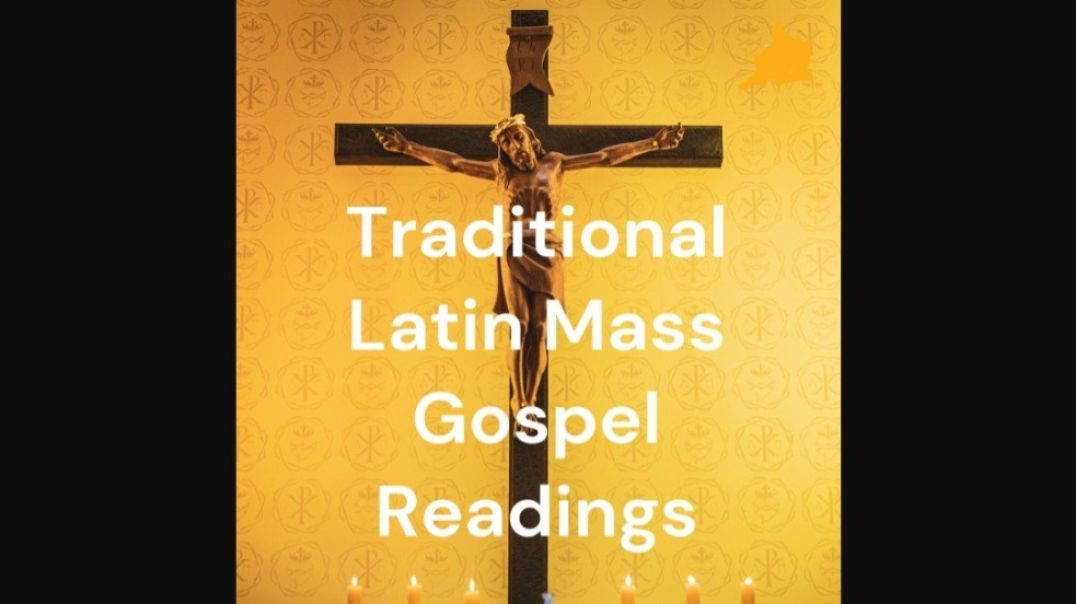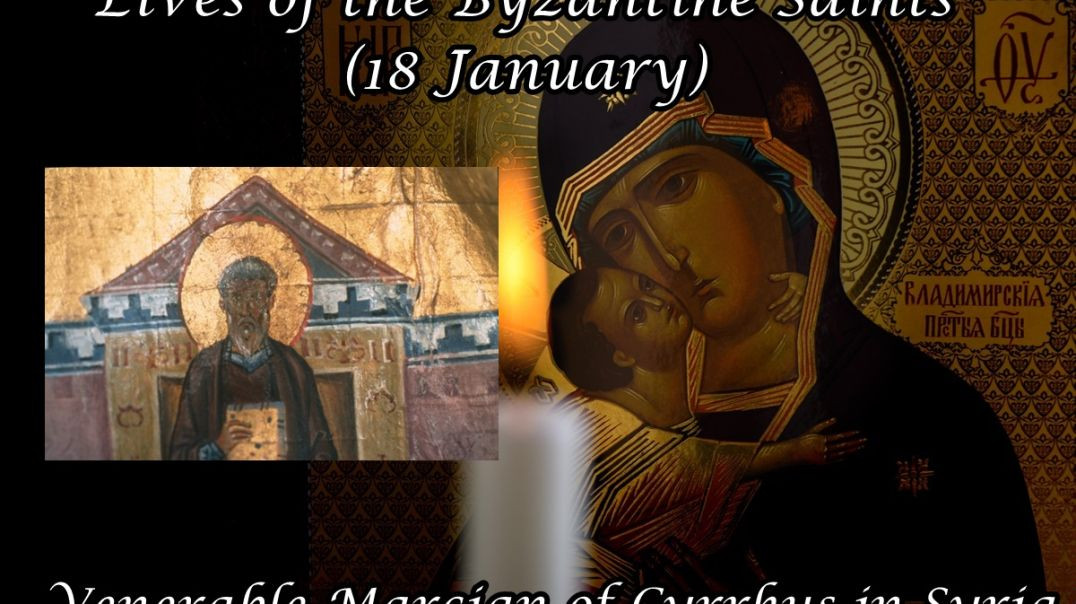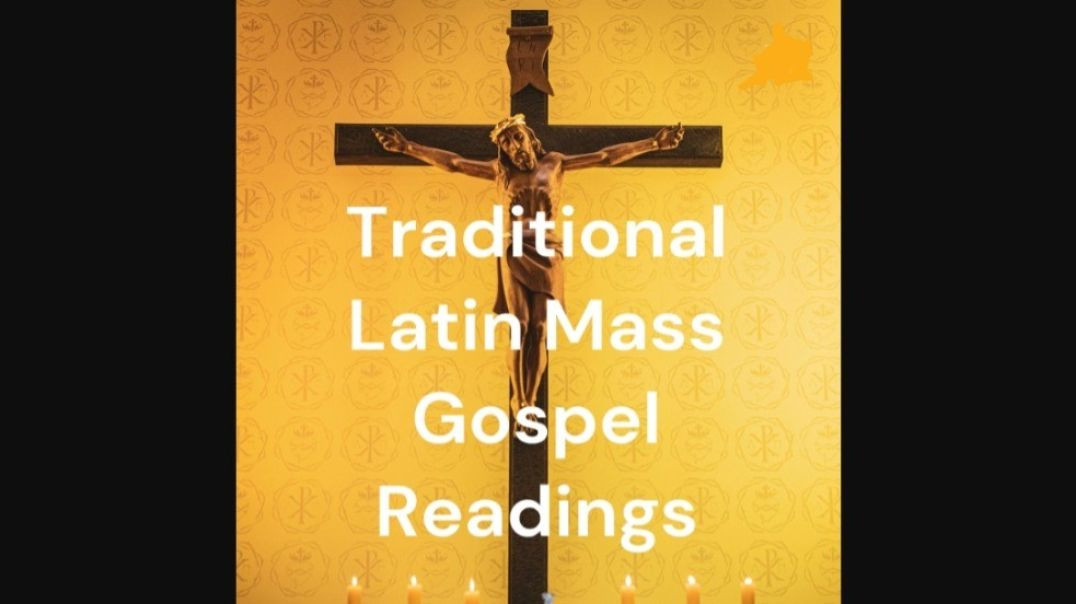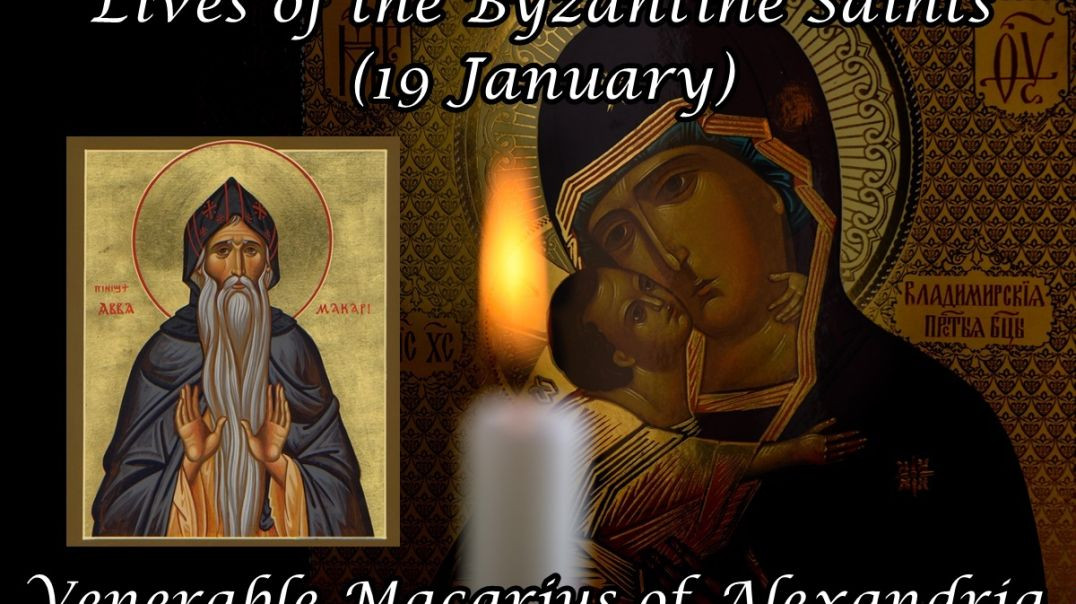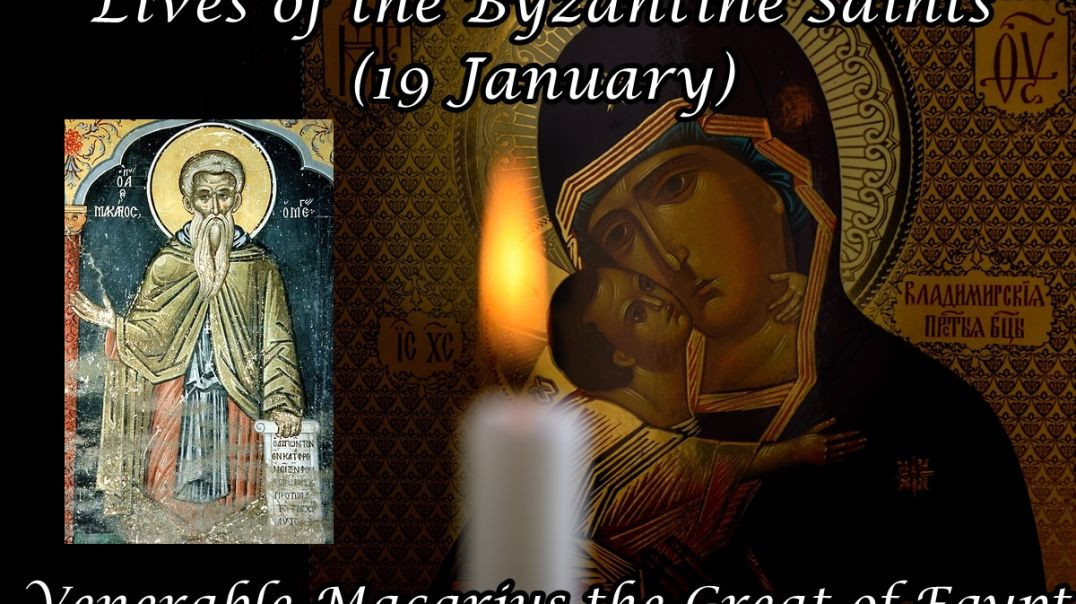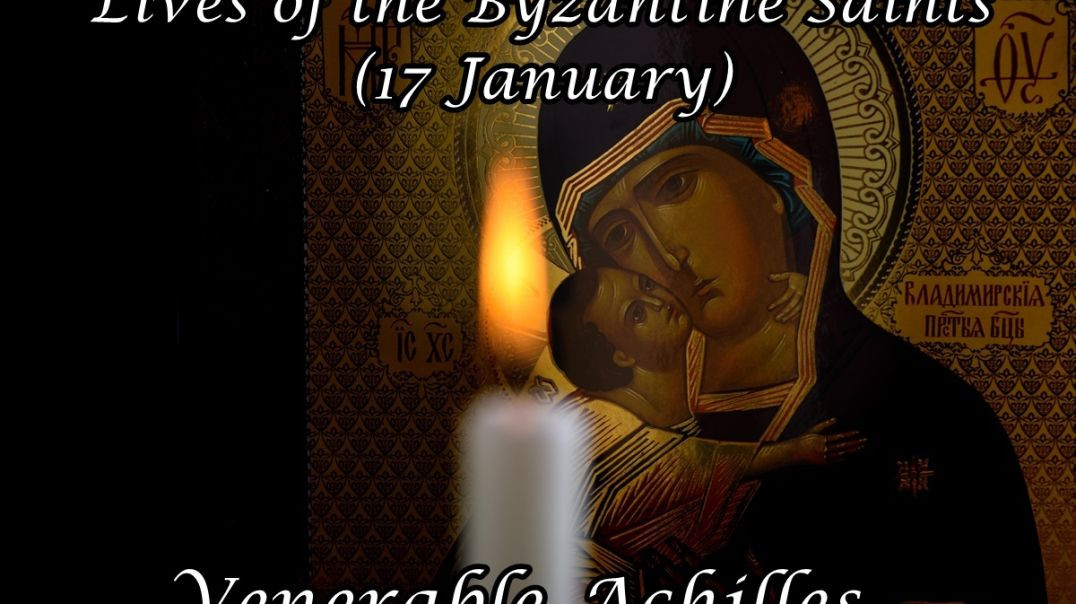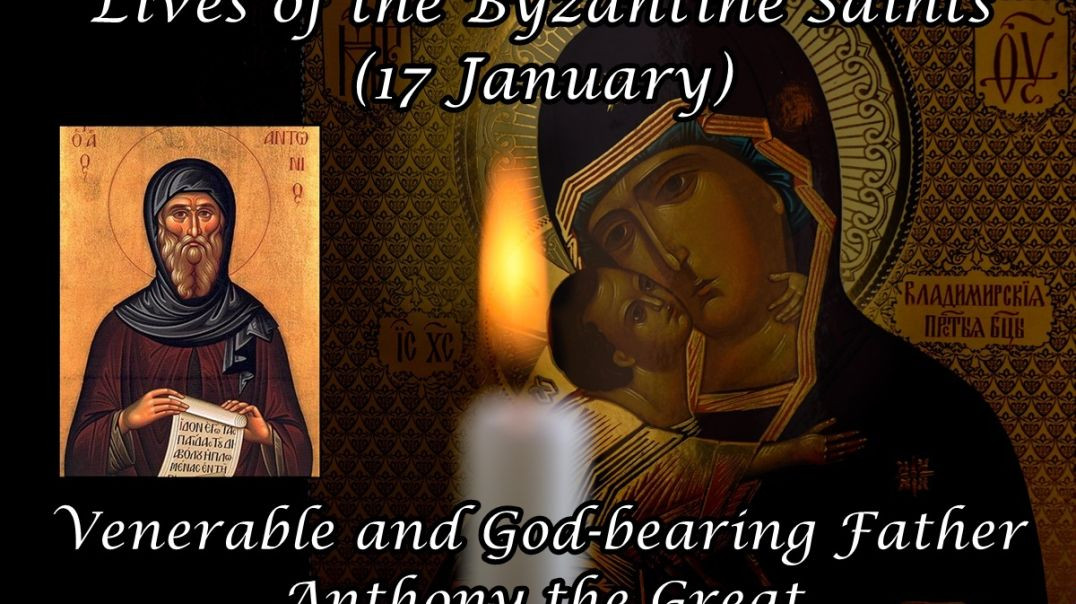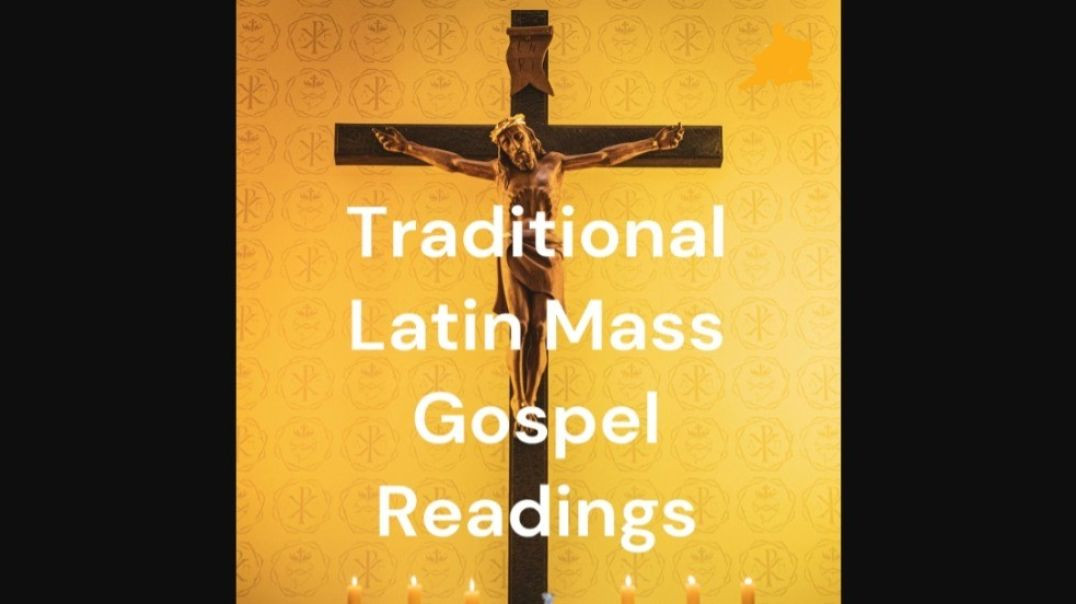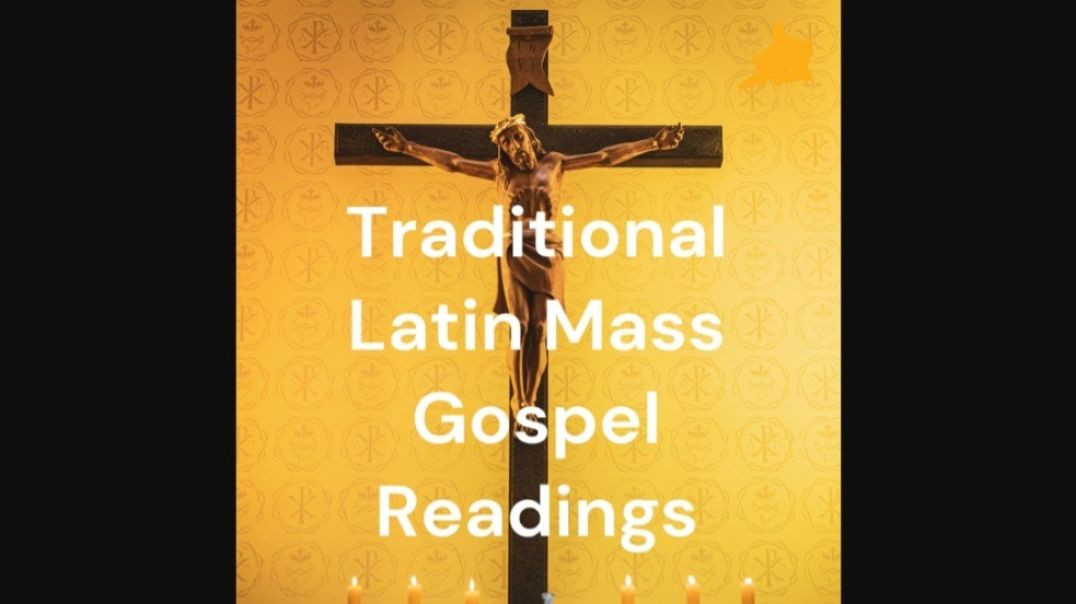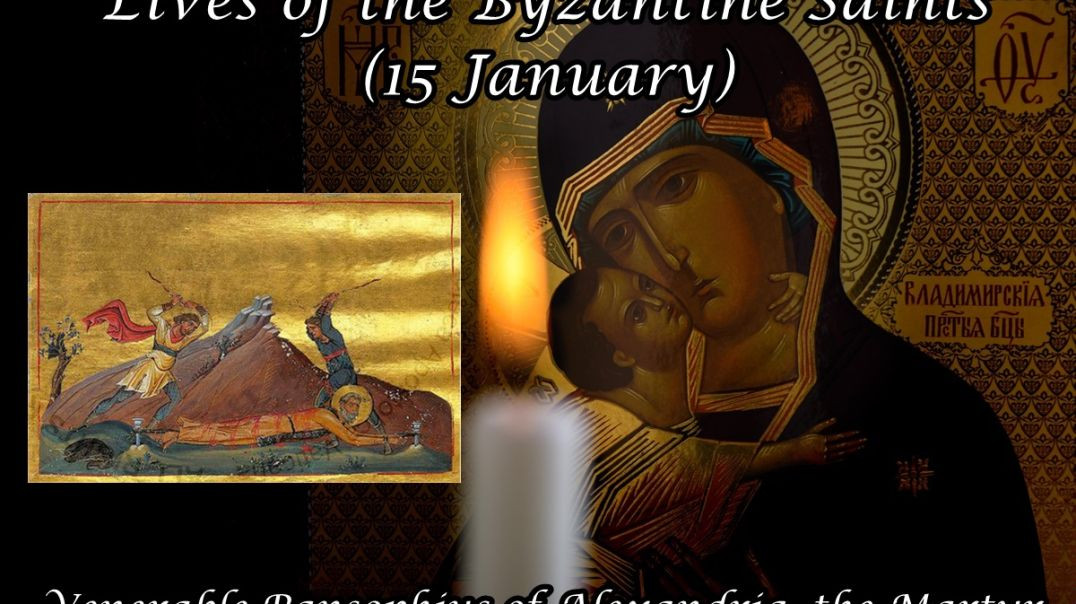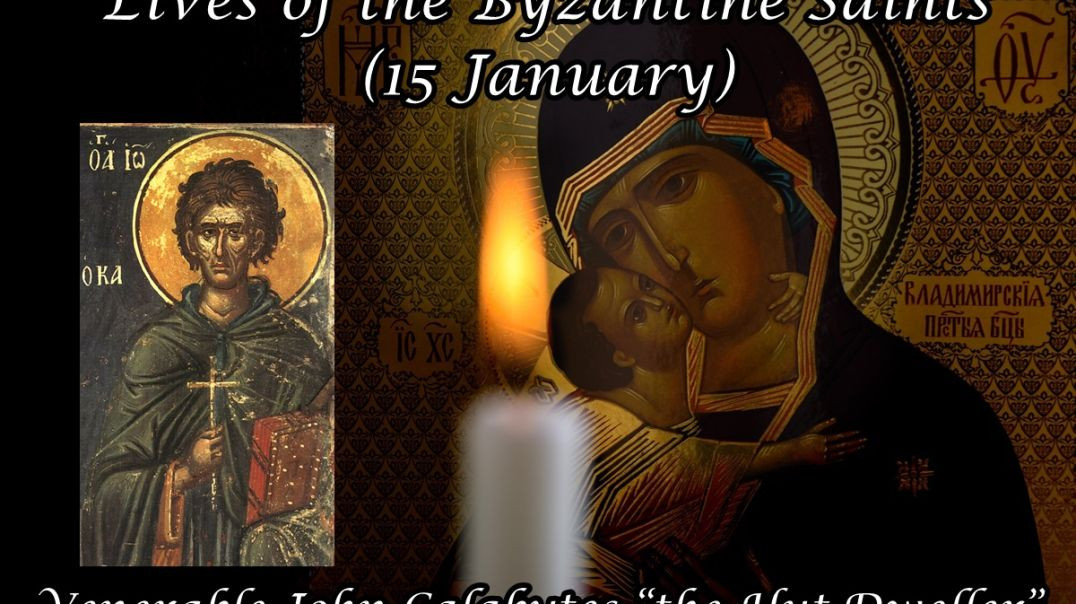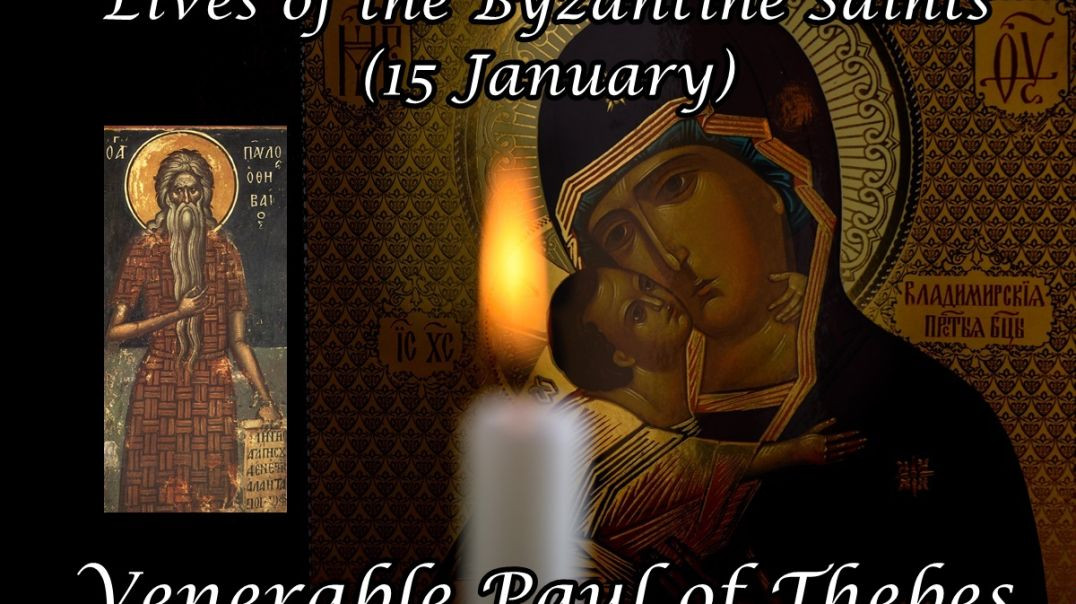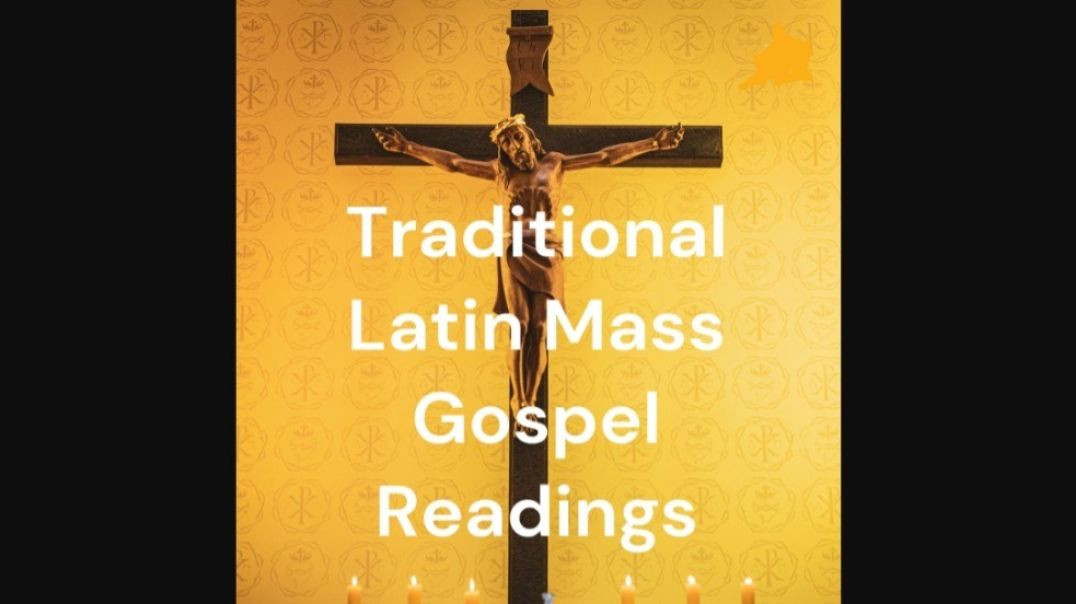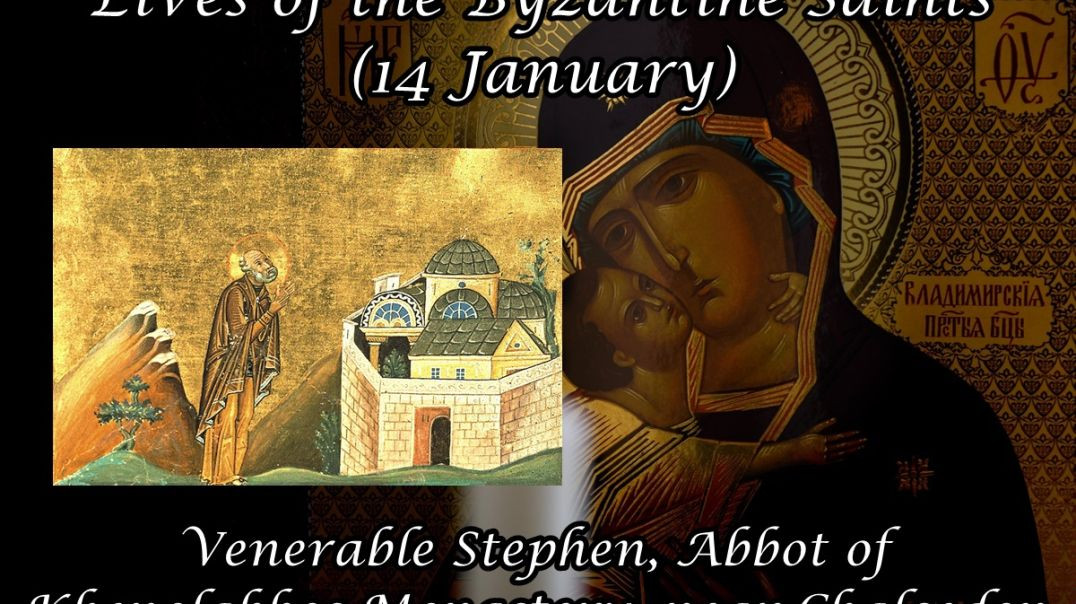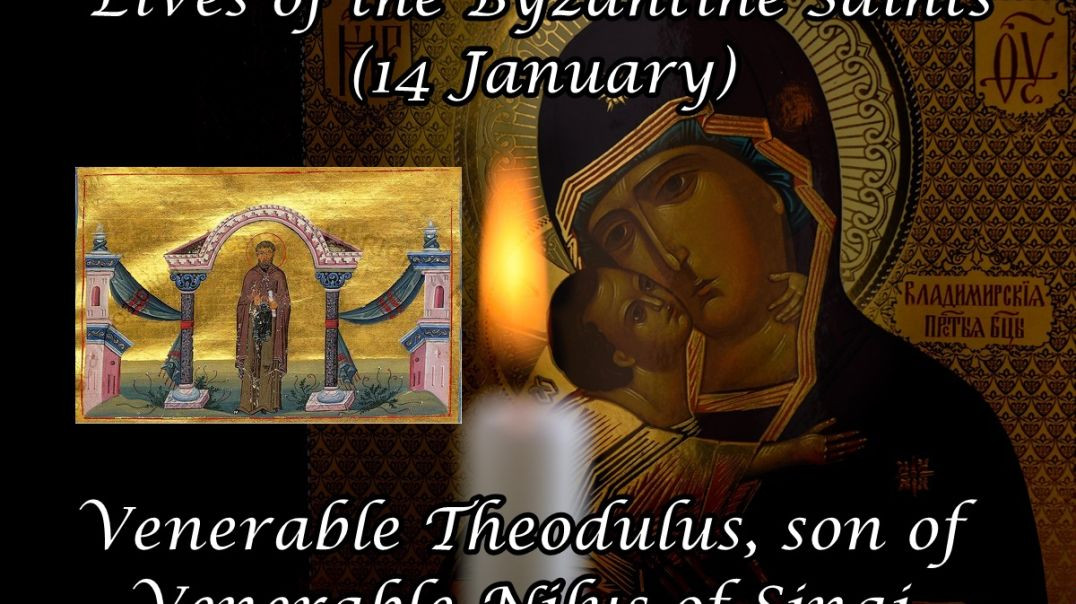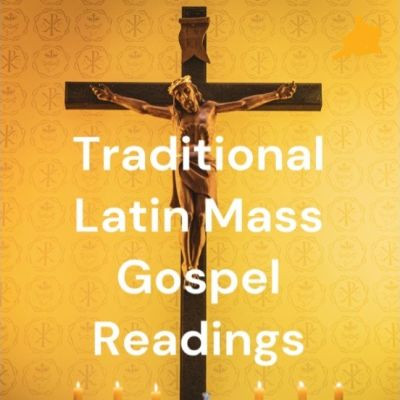Gospel 5-27-24. Matt 5:13-19. St Bede The Venerable.
13 You are the salt of the earth. But if the salt lose its savour, wherewith shall it be salted? It is good for nothing any more but to be cast out, and to be trodden on by men.
Vos estis sal terrae. Quod si sal evanuerit, in quo salietur? ad nihilum valet ultra, nisi ut mittatur foras, et conculcetur ab hominibus.
14 You are the light of the world. A city seated on a mountain cannot be hid.
Vos estis lux mundi. Non potest civitas abscondi supra montem posita,
15 Neither do men light a candle and put it under a bushel, but upon a candlestick, that it may shine to all that are in the house.
neque accedunt lucernam, et ponunt eam sub modio, sed super candelabrum, ut luceat omnibus qui in domo sunt.
16 So let your light shine before men, that they may see your good works, and glorify your Father who is in heaven.
Sic luceat lux vestra coram hominibus : ut videant opera vestra bona, et glorificent Patrem vestrum, qui in caelis est.
17 Do not think that I am come to destroy the law, or the prophets. I am not come to destroy, but to fulfill.
Nolite putare quoniam veni solvere legem, aut prophetas : non veni solvere, sed adimplere.
18 For amen I say unto you, till heaven and earth pass, one jot, or one tittle shall not pass of the law, till all be fulfilled.
Amen quippe dico vobis, donec transeat caelum et terra, jota unum aut unus apex non praeteribit a lege, donec omnia fiant.
19 He therefore that shall break one of these least commandments, and shall so teach men, shall be called the least in the kingdom of heaven. But he that shall do and teach, he shall be called great in the kingdom of heaven.
Qui ergo solverit unum de mandatis istis minimis, et docuerit sic homines, minimus vocabitur in regno caelorum : qui autem fecerit et docuerit, hic magnus vocabitur in regno caelorum.
Venerable Bede (673-735), the first English historian, was consecrated to God from childhood. He became a Benedictine monk in the monastery of Jarrow in Northumberland, and trained there some six hundred scholars. His Ecclesiastical History of England is a treasure to scholars and lovers of spiritual life alike; but his principal study was ever the Bible. When this great Englishman died, on Ascension Day, 735, he had just finished dictating the final sentence of a translation of the Gospel of St John.

